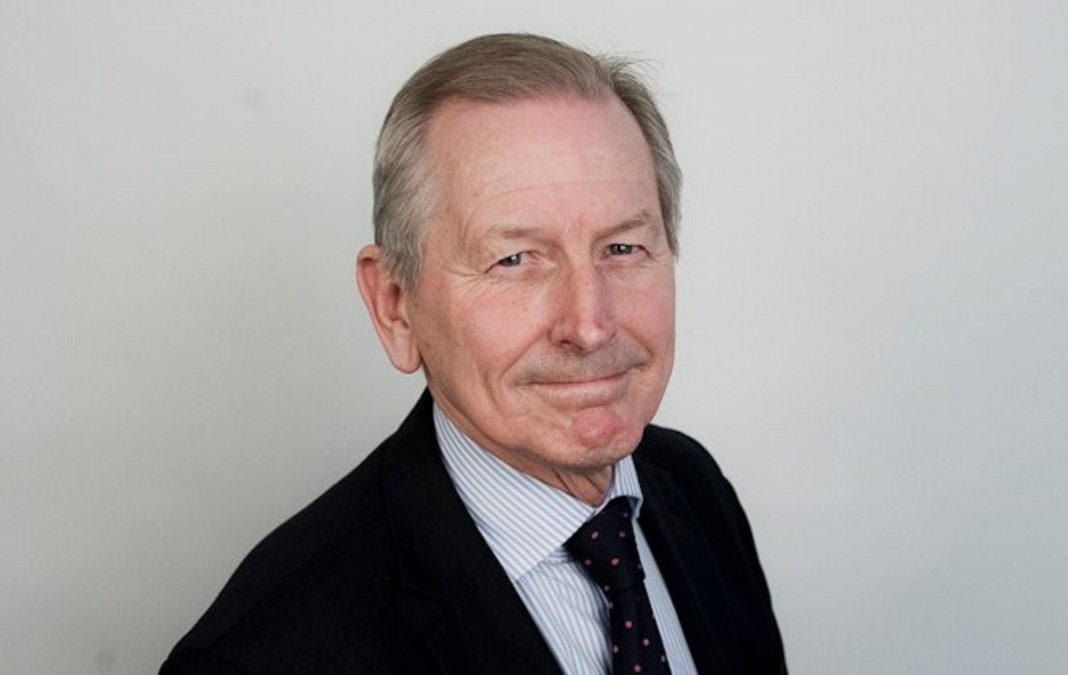The cost-of-living crisis is having an unequal effect on different groups within the older population with those from Black, Asian and Minority Ethnic (BAME) backgrounds disproportionately affected, an article from University of Manchester academics has revealed.
Drawing on new research they have produced in collaboration with the Manchester Urban Ageing Research Group, the Manchester BME Network and the Centre for Ageing Better, Dr Camilla Lewis, Dr Sophie Yarker and Professor Christopher Phillipson put forward a series of policy recommendations aimed at rectifying the imbalance.
Writing on the Policy@Manchester website, they highlight that, despite comprising only around 15% of the population in the UK, more than a quarter (26%) of those in ‘deep poverty’ – defined as more than 50% below the poverty line – are of BAME origin.
And their research indicates that the cost-of-living crisis has had a disproportionate impact on older BAME people. “Existing inequalities place minority ethnic groups at heightened risk from the effects of high inflation and associated pressures,” they write. “These include the long-term impact of the pandemic, housing insecurity, the rising price of imported food, racism and discrimination, and language barriers resulting in limited access to services.”
With diversity in the UK population continuing to grow, the research team’s final report, includes several policy suggestions for local, regional and national decision-makers to consider.
First, as Lewis, Yarker and Phillipson explain in their piece, more action is needed to increase awareness of the ways the cost-of-living crisis is affecting older BAME people whilst recognising “that there is considerable diversity within and across different communities.”
Second, culturally appropriate community provisions – including face-to-face services and informal spaces for older people to socialise – should be prioritised “with support provided by staff and volunteers who speak a range of languages to ensure that older people from different groups feel welcome and included.”
Third, based upon findings from the research, greater efforts are required from local and national government to recognise “that services must be culturally sensitive to help maintain the independence of older people, respecting their diverse identities and backgrounds.” The University of Manchester academics add: “This should involve face-to-face specialist advice around debt, finances, pensions and other benefits, tailored to the specific needs of various groups to counteract various forms of stigma.”
And fourth, they write, “as the older population is set to become more ethnically diverse in the years ahead, tackling inequality should be a priority for national government.” Specific policy ideas which have emerged from the group’s research include support for the idea of establishing a Commissioner for Older People and Ageing in England “to ensure that the diverse range of voices in later life are championed,” developing a new race equality strategy “to prevent gaps in finances and health in later life widening further,” and applying a “race equality lens” to the government’s levelling up agenda “to acknowledge and address inequalities among different ethnic groups.”
The authors conclude in their piece: “These measures would enable central government to address structural inequality, support some of the most vulnerable households during the period of economic crisis and help the country to weather future national crises.”
‘The Unequal Impact of the Cost-of-Living Crisis’ by Dr Camilla Lewis, Dr Sophie Yarker and Professor Chris Phillipson is available to read in full on the Policy@Manchester website.









